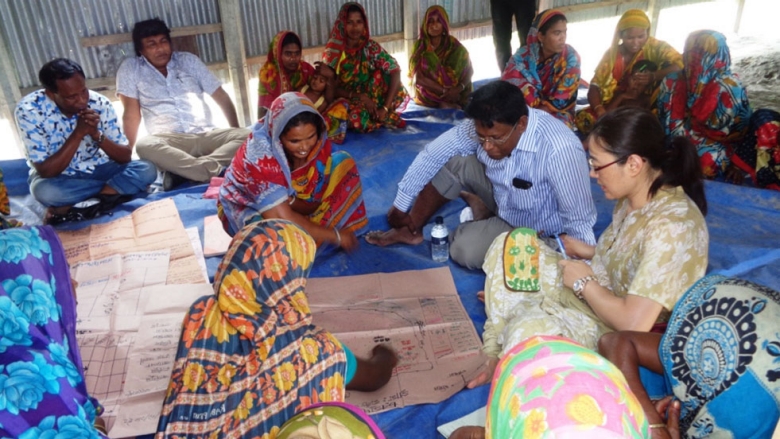
Natural disasters can push people into chronic poverty and force them to adopt negative coping strategies. Social protection programs play an important role in protecting the poor and the vulnerable from these impacts and help them reduce their exposure to disaster risks. This complements the aims of broader social protection systems, which help safeguard livelihoods from economic shocks and structural poverty.
Japan has a history of innovatively adapting social protection mechanisms to disaster risk management (DRM) needs, and the 2011 Great East Japan Earthquake and Tsunami once again showed the country’s ability to use an array of instruments to support victims. Authorities harnessed pre-existing pension programs to offer retirees low-interest loans and provided unemployment insurance benefits to workers whose offices, factories, and stores were damaged and unable to reopen quickly. The government sought effective recovery, by re-establishing land titling for regions where records were destroyed and ensuring children could attend school immediately after the disaster, among many other steps.
The World Bank Disaster Risk Management Hub’s Social Risk Management engagement builds and strengthens the synergy between social protection systems and DRM demands in vulnerable countries to reduce social risks caused by disasters. The project is developing operational toolkits and training support to help social protection and DRM practitioners better integrate these aspects into development projects.